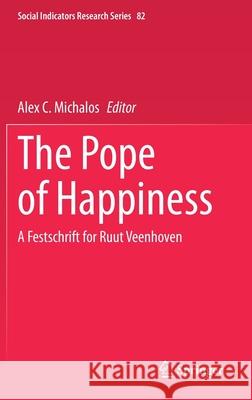The Pope of Happiness: A Festschrift for Ruut Veenhoven » książka
topmenu
The Pope of Happiness: A Festschrift for Ruut Veenhoven
ISBN-13: 9783030537784 / Angielski / Twarda / 2021 / 324 str.
The Pope of Happiness: A Festschrift for Ruut Veenhoven
ISBN-13: 9783030537784 / Angielski / Twarda / 2021 / 324 str.
cena 401,58
(netto: 382,46 VAT: 5%)
Najniższa cena z 30 dni: 385,52
(netto: 382,46 VAT: 5%)
Najniższa cena z 30 dni: 385,52
Termin realizacji zamówienia:
ok. 22 dni roboczych
Dostawa w 2026 r.
ok. 22 dni roboczych
Dostawa w 2026 r.
Darmowa dostawa!
Kategorie BISAC:
Wydawca:
Springer
Seria wydawnicza:
Język:
Angielski
ISBN-13:
9783030537784
Rok wydania:
2021
Wydanie:
2021
Numer serii:
000303670
Ilość stron:
324
Waga:
0.64 kg
Wymiary:
23.39 x 15.6 x 1.91
Oprawa:
Twarda
Wolumenów:
01
Dodatkowe informacje:
Wydanie ilustrowane











